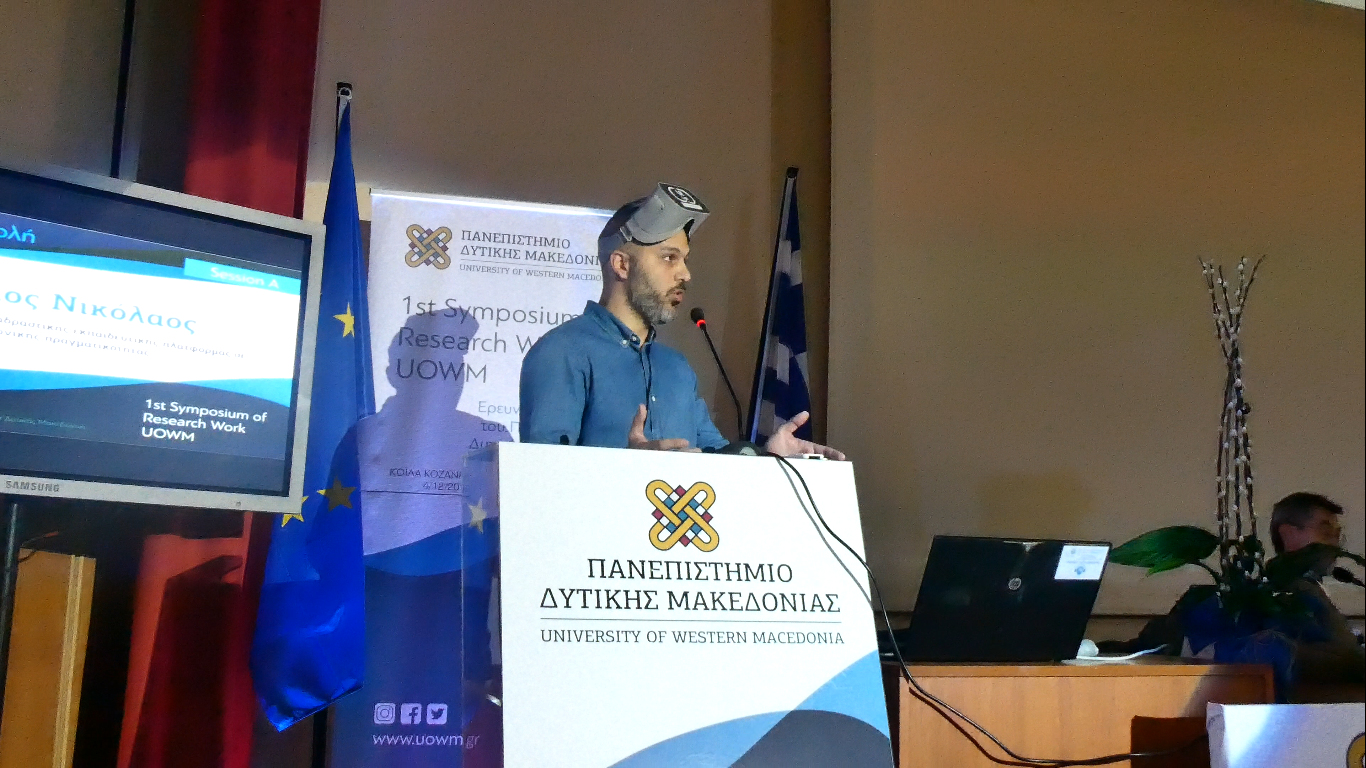Virtual Reality and Special Needs: Is the technology accessible enough for everyone?

I have the honor to be working with children with Special Needs for the last couple of years, using Virtual Reality as my educational tool. The headset I chose to use offers the simplest, decent form of modern Virtual Reality could someone experience: Oculus Go. One controller, lightweight headset, basic VR experiences. Not the snappiest one, but it does the job. All these sound pretty simple, so it’s probably a guarantee for success, right?
As in many things in life, we tend to take most of our daily tasks for granted. It’s easy to hold a controller, process how the thing works, point and click, look around, interact with simple objects, etc. But how easy all these simple tasks are for people with mobility, mental, or other educational problems? Is Virtual Reality useful and most importantly, are there any applications specifically made for people with such problems? Is the hardware simple enough for them as it is for the rest of us?
My experience showed that Virtual Reality has a huge impact on children with Special Needs. Their reactions are impressive and encouraging, while hourly Virtual Reality sessions are helping them develop certain skills like fine mobility, improvement of attention, enhancement of interaction, etc. Tasks are usually as simple as point to a button and trigger an event, watch an immersive video or basic space navigation. But finding an application that supports those simple tasks can sometimes be impossible… Even handling the controller can be quite challenging. So challenging, that sometimes our sessions end up without being able to open a single app.
Being immersed in an isolated Virtual Environment, without being able to interact with your educator, facing difficulties on interpreting how this (impressive) technology works, struggling to process the information you see around you, could sometimes be terrifying. And it’s a difficult task for the educators too, as we try to guide children with developmental or educational problems through feedback from an external screen. Is it worth it? Absolutely YES, especially if you think about the possibilities. Is the technology mature enough for them? No, it is not.
This is sad, having in mind that Virtual Reality is a powerful new medium without barriers. You can see numerous low quality, useless applications that not even showcase the technology right. Virtual Reality pioneers like HTC and Oculus are betting on different customer groups like gamers or enterprise and hardware designers focus on ergonomics and functionality, but it seems that no one ever thought about disabled or people with Special Needs. It is easy to understand that the numbers are not on their side… Sales will never go up thanks to the disabled people and engineers rarely design their hardware accessibility-wise, but Special Education is an intriguing field for applications and Virtual Reality could make the impact we are all looking for. The impact of making the impossible, possible.

About Blog Writer :
Panos Georganakis
IT/XR Engineer,
Ph.D. Candidate in XR Training/Collaboration


